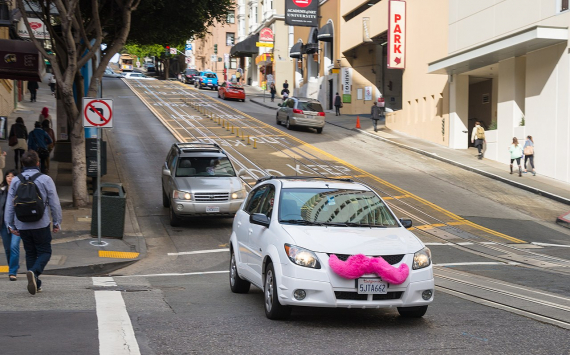
Driving Towards Change
The Minneapolis City Council's proposal to raise minimum wages for rideshare drivers has ignited a storm of debate. Lyft, a key player in the sector, is threatening to exit the city if the bill becomes law, citing potential price hikes that could exclude many from using the service.
Lyft's stance was clear in statements released on Thursday and Tuesday, emphasizing the adverse impact on driver earnings. The company warned of potential price doubling and indicated it might cease operations in the city if the bill passes.
The proposed regulations would guarantee drivers a minimum of $1.40 per mile and $0.51 per minute, or a flat rate of $5 if higher, limited to rides within the city. Lyft urgently called on Minneapolis Mayor Jacob Frey to veto the proposal, with a decision deadline approaching.
The bill's passage came with a 7-5 vote by the city council, which includes 12 Democrats and an independent member. A similar vetoed bill in Minnesota earlier this year underscored the ongoing debate around rideshare worker compensation.
Uber, Lyft's rival, also voiced opposition, warning of potential service reductions or even shutdowns. Uber expressed dissatisfaction with the legislative process and is assessing its response.
The proposed bill introduces not only wage changes but also protective measures for drivers. These include mandatory upfront disclosure of ride details, aiming to enhance transparency for drivers.
Amid these debates, drivers' stories highlight challenges. One driver, Marianna Brown, revealed working 12 hours for under $200 after expenses, underscoring the economic struggles many face.
Data from Rakuten Intelligence indicates a substantial rise in rideshare costs over recent years, prompting industry-wide reactions. Lyft's strategic layoffs in April to remain competitive with Uber, after revenue disappointments, offer context for their present concerns.
As the situation unfolds, the Minneapolis Mayor's office has yet to comment on the matter outside regular hours. The outcome will undoubtedly impact both the rideshare industry and the livelihoods of its drivers.







